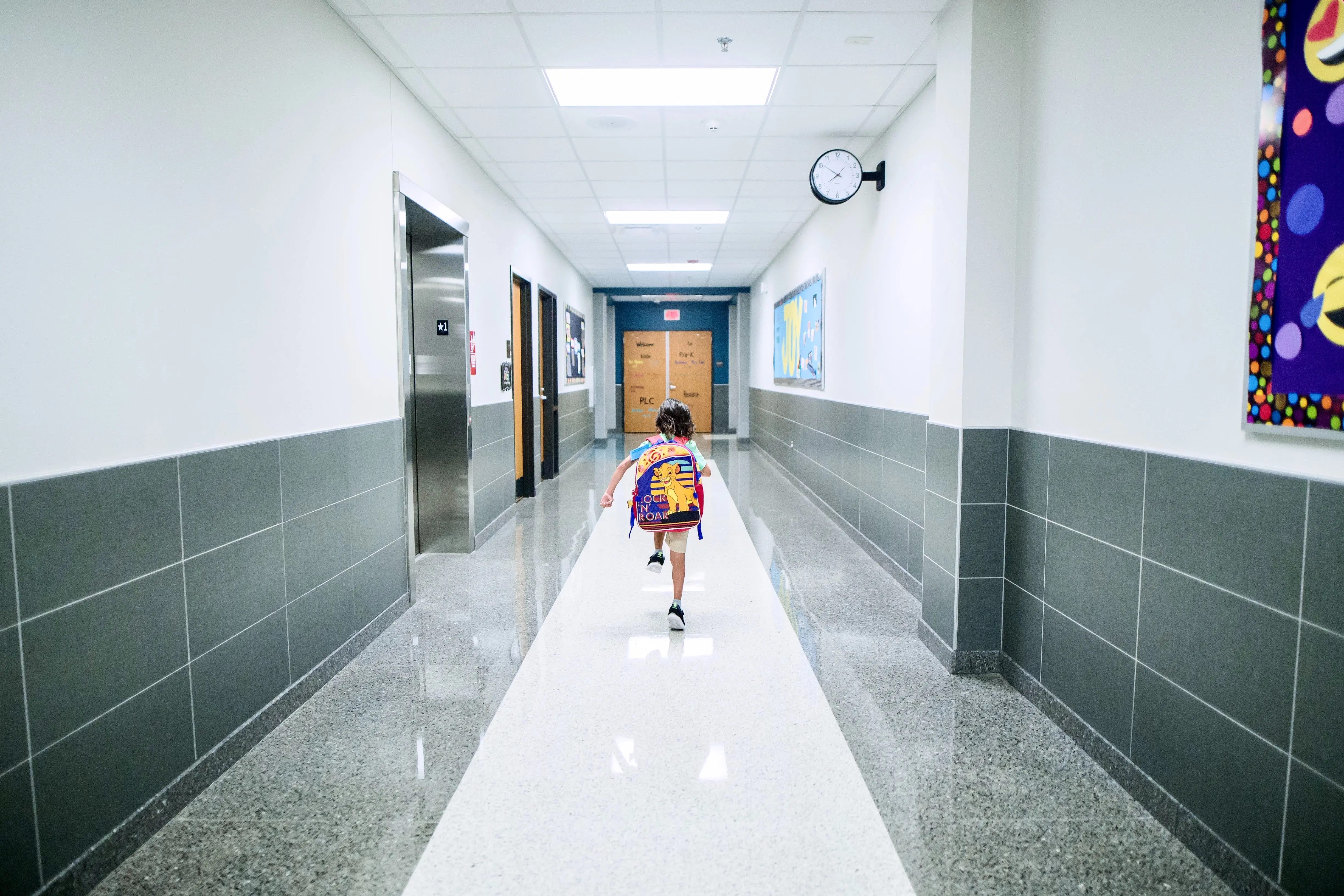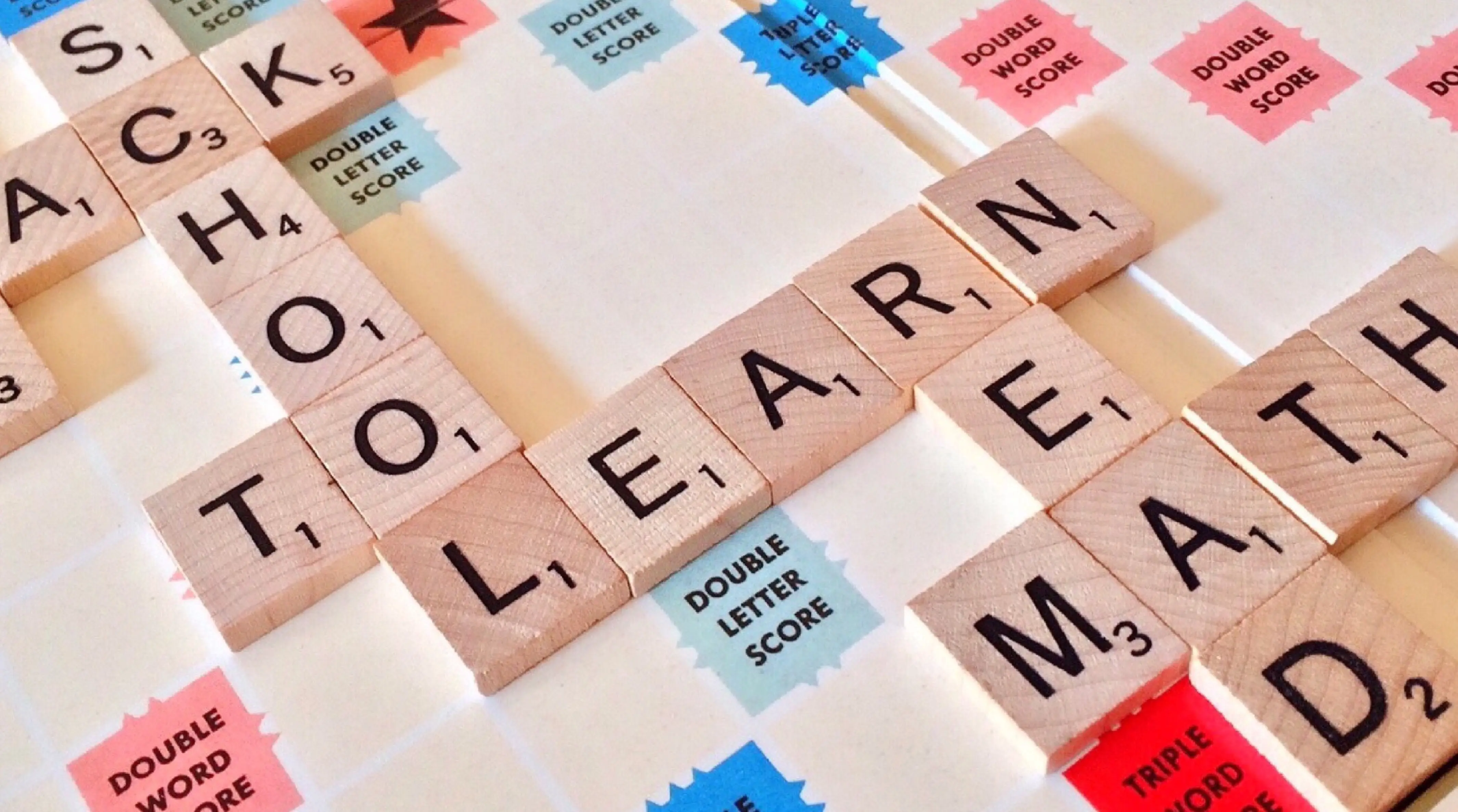Contrary to popular opinion, education is more oppressive than it is liberatory. Education is an engagement that has been receiving a lot of attention, praise, and appreciation as the source of knowledge. Most people revere it as the main source of knowledge and the beginning of the learning process. However, Freire refutes this belief and advances several counter-arguments against the belief. He explains that education is an oppressive engagement, owing to its tendency to make students the subjects of teachers. Insight into Freire’s Pedagogy of the Oppressed explains the numerous ways in which education oppresses people instead of liberating them.
The attitudinal aspect of education proves its oppressiveness to the listening persons. According to Freire, education is a phenomenon that seeks to depict the educator as the leader and students as the followers (1). It separates the two parties based on their knowledge by glorifying one and diminishing the other. The depiction of the teacher is that he/she is the person who bears all knowledge, while the learner knows nothing. This delineates the learner as a person of less value than the educator. In this sense, the former is almost entirely unimportant, while the latter’s worth has a high place in matters of knowledge. Arguing in this perspective gives Freire the right to discredit education as a phenomenon that demeans one party. It oppresses the students by making them the subjects of the teachers. It reduces their worth and pushes it below that of their fellow human beings. It would have been better for the learners if education created a less contrasting distinction between them and their instructors.
From another perspective, education is oppressive in that it dehumanizes students. According to Freire, education diminishes students to the level in which they become the objects of thought, while their teachers are the persons who think about them (2). It minimizes them to a level in which they do not have a chance to make decisions since they are considered to be at the level of persons who cannot do so. He states that the teacher is the thinker, while the students are the agendas of the thoughts. This argument is correct in that education objectifies students. In his argument, Freire states that both humanization and dehumanization are possible amongst human beings. In this case, education dehumanizes the students. It leads to the belief that they should be viewed through the lens of objects that need other human beings to think for them instead of human beings who can think for themselves. The restriction of thought leads to the limitation of choice and action.
The oppression of students is also seen in the actions of teachers choosing and enforcing choices. The teachers decide the courses of actions that students should follow and punish failure to do so. They minimize the choices that students to only those that the teachers have formulated. Doing so makes students the subjects of compulsory choices, from which they cannot deviate. It oppresses them by eliminating the possibility of exploring other viable courses of action. As part of the process of learning, education should be allowing exploration (Freire 3). It is through exploration that people discover new things and create new ways of doing things. The failure of education to allow students to be creative means that it is an oppressive engagement. It is one of the phenomena that reduce the persons who are undertaking it to objects of instruction, as opposed to persons who can and should discover new knowledge on themselves. Teachers further oppress students by forcing their choices through punishments. They instill in them a sense in which courses of action are definite and not subject to exploration from other perspectives. Doing so affects both the student’s present and future by programming them to follow specific rules.
Education programs minimize the potential to create changes. According to Freire, teachers seek to have a situation in which students act like them. They believe that their actions are the correct ones and that students should act the same. They instill this follower mindset in students and lead them to believe that there are specific ways of doing things (Freire 7). The more students follow the rules, the more they tend to be followers as opposed to being creators of new realities. This argument by Freire is a correct depiction of education since it amplifies the effect that the program has on the future of students. Educational activities aim to make people productive. However, it does the opposite by making them unproductive members of society. It limits them to persons who follow traditions and the rules that others have set. For this reason, a significant percentage of the learned persons are the ones who are learned, while the drop out tends to be the most productive. The latter is engaged in activities that are less oriented towards following the norms, while the former is used to making decisions based on what has been existing in the past. In this sense, education tends to program learners to make decisions based on the status quo instead of being the persons acting as the persons who are expected to spearhead the unexpected.
A worse effect of education is that it turns students into spectators. Education leads to a state of being a person who is receptive to the environment as opposed to being its changer. It reduces learners into people who passively await changes to take place in the world and accept them as the dynamics of the world. It molds students into people who are cognizant of their environment since they are conscious of the conditions of the same (Marsh 7). It oppresses them by making them victims of the circumstances by conditioning them to be people who are adaptive as opposed to being proactive. It seeks to condition the students to people who obey the surrounding as opposed to people who recreate the world. The current view of the educated person is the one who is best fit to live in an already created world. Training students to learn the conditions as opposed to changing them makes education a passive engagement that does not deserve the attention it gets from learners. It is a phenomenon of oppressors who seek to have a world that maintains the tranquility that the oppressors have created. Molding students into people whose main role is to follow and watch as events occur means that it is a dehumanizing activity that deserves an alternative.
An erroneous view of education is that it is the starting point from which people learn. Some people view education as the main creation that guides people to their learning processes. They get the impression that education is the beginning of learning. They base this argument on the belief that it is the foundation upon which learning takes place. They assume education to be the basis for learning how to learn. However, doing so is an erroneous and misled conviction. It is erratic in that education is hardly the starting point of learning. Human beings learn since the advent of their time on earth (Marsh 12). They do not need the education to learn how to survive and thrive on earth. Instead, their instincts enable them to learn from the environment, including their elders and the persons with whom they meet in the course of their lives. Human beings are also enabled to learn from mistakes, hands-on activities, and the things that happen in nature. It means that education is not a necessity in the learning process. It is especially not so in the contemporary world, in which there is access to high-quality content on the internet and from the increased interaction of human beings, owing to globalization and its relatives.
Conclusion
Shreds of evidence point to education as being more oppressive than it is liberatory. The largely praised engagement has been glorified as the source of knowledge and the main route towards progress in life. However, its orientation shows that it is the opposite of what people conceive it to be. It is a program that does not necessarily liberate. Instead, it makes learners the subjects of their teachers in both thoughts and actions. Not only does it affect the present, but also the future of the students. It is best if the concerned persons would change it to be oriented towards improving the welfare of the learners and guiding them towards being better persons who can improve the lives of other human beings as opposed to adapting to the present conditions. Also, students should improve their status by being ready to protect their welfare as humans instead of agreeing to be programmed objects.
Works Cited
Freire, Paulo. “Paulo Freire: Chapter 2 of Pedagogy of the Oppressed.” (2006).
Marsh, Herbert W. “Negative effects of school-average achievement on academic self-concept: A comparison of the big-fish-little-pond effect across Australian states and territories.” Australian Journal of Education 48.1 (2004): 5-26.









